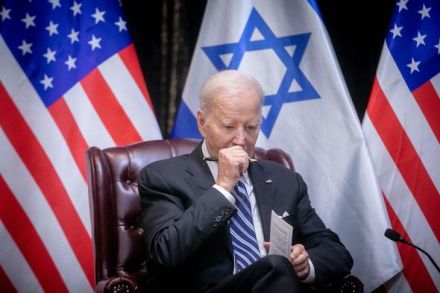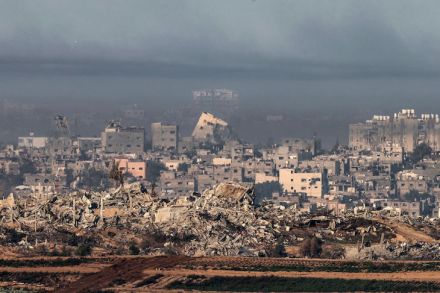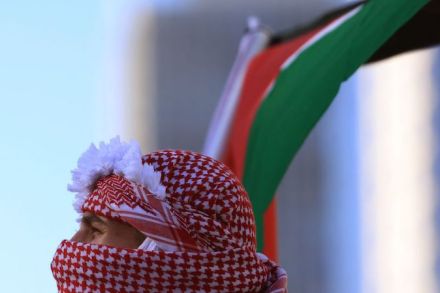Inside the Hamas split over its war with Israel
Hamas leaders based in Qatar have been holding talks with Palestinian officials from Fatah, the political organisation that dominates the Palestinian Authority (PA) which governs the West Bank. The once rival organisations are in discussions about forming an alliance for governing Gaza after the war with Israel. For the Palestinian Authority, this is an opportunity to return to Gaza nearly 18 years after the organisation lost the legislative elections to Hamas in 2006. The PA has been deeply unpopular among Palestinians for some time. A poll conducted in Gaza and the West Bank at the end of November found that support for Hamas tripled since the start of the war,





















